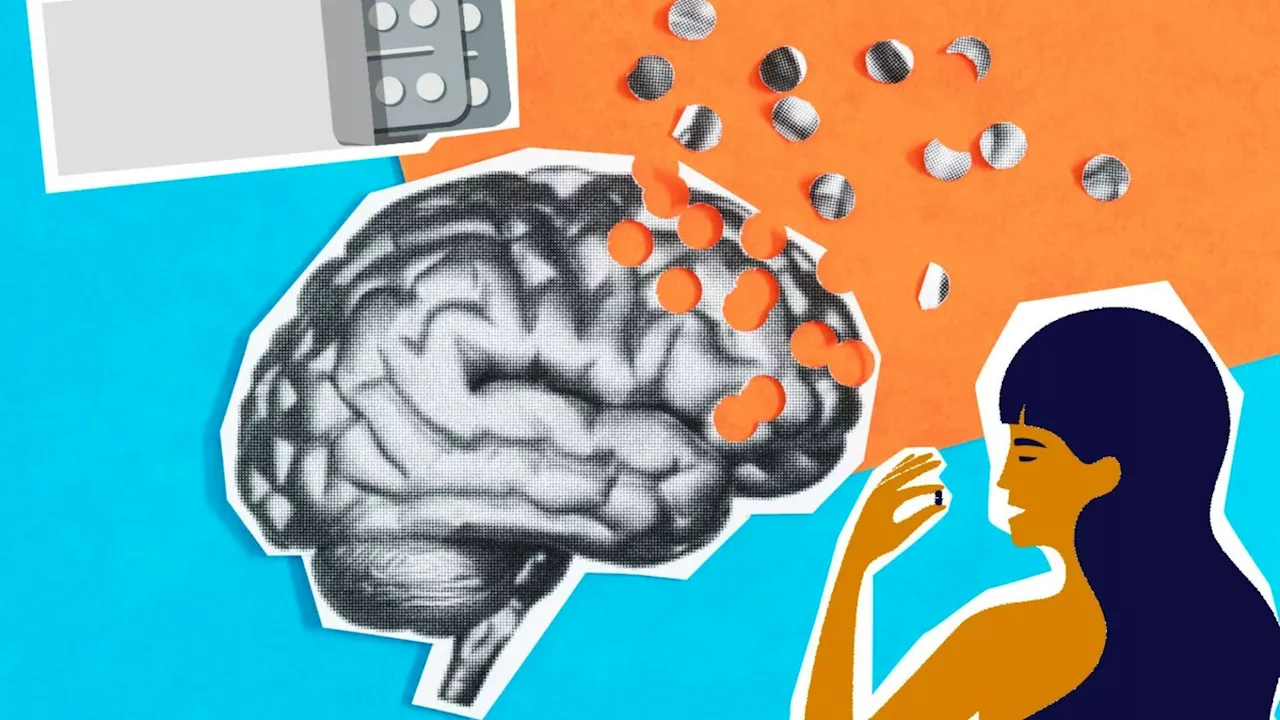A doctor warns that common household medicines, particularly antihistamines, may increase the risk of dementia due to their effects on the brain. Research links higher doses of these medications to dementia. Healthy lifestyle choices can help reduce the risk.
A doctor has issued a warning about common medicines found in many households, suggesting that they could increase the risk of dementia. These medications typically affect the brain and cross the blood-brain barrier except for one specific type. Research by a US scientist indicates a connection between higher doses of certain antihistamines, such as diphenhydramine (Benadryl), and the risk of developing dementia.
An analysis of data from over 700,000 Taiwanese patients revealed that those taking antihistamines had a higher risk of dementia. While there is no guarantee that lifestyle changes can prevent dementia, maintaining healthy habits, such as regular exercise, limiting alcohol intake, not smoking, and engaging in social activities, can reduce the risk. Healthy behaviors in mid-life, from ages 40 to 65, are particularly beneficial
Dementia Medicines Antihistamines Brain Health Lifestyle Choices
United Kingdom Latest News, United Kingdom Headlines
Similar News:You can also read news stories similar to this one that we have collected from other news sources.
 Study identifies 80 genes linked to increased risk of breast cancerBreast cancer is the most common malignancy among Western women, with up to 10% of cases attributed to genetic variants.
Study identifies 80 genes linked to increased risk of breast cancerBreast cancer is the most common malignancy among Western women, with up to 10% of cases attributed to genetic variants.
Read more »
 Elevated antibody responses to Epstein-Barr virus linked to increased risk of multiple sclerosisResearchers identified a unique antibody signature against the Epstein-Barr virus protein EBNA1 that correlates with cross-reactive immune responses in multiple sclerosis (MS) patients. This connection provides new insights into how EBV infection may drive MS pathogenesis.
Elevated antibody responses to Epstein-Barr virus linked to increased risk of multiple sclerosisResearchers identified a unique antibody signature against the Epstein-Barr virus protein EBNA1 that correlates with cross-reactive immune responses in multiple sclerosis (MS) patients. This connection provides new insights into how EBV infection may drive MS pathogenesis.
Read more »
 Beta blockers linked to increased depression in heart attack patientsAll patients who have had a heart attack are typically treated using beta blockers. According to a Swedish study conducted earlier this year, this drug is unlikely to be needed for those heart patients who have a normal pumping ability.
Beta blockers linked to increased depression in heart attack patientsAll patients who have had a heart attack are typically treated using beta blockers. According to a Swedish study conducted earlier this year, this drug is unlikely to be needed for those heart patients who have a normal pumping ability.
Read more »
 Traditional paranormal beliefs linked to increased stress and reduced copingIn a new study, feelings of distress and reduced ability to cope with stress were associated with traditional paranormal beliefs, but not with new age philosophy. -
Traditional paranormal beliefs linked to increased stress and reduced copingIn a new study, feelings of distress and reduced ability to cope with stress were associated with traditional paranormal beliefs, but not with new age philosophy. -
Read more »
 Prenatal cannabis exposure linked to increased risk of opioid addiction later in lifeWith the increased legalization of recreational cannabis, as many as 1 in 5 pregnant women in the U.S. are now using the drug to help with morning sickness, lower back pain or anxiety.
Prenatal cannabis exposure linked to increased risk of opioid addiction later in lifeWith the increased legalization of recreational cannabis, as many as 1 in 5 pregnant women in the U.S. are now using the drug to help with morning sickness, lower back pain or anxiety.
Read more »
 Zinc deficiency linked to increased risk of lung infectionDietary zinc deficiency promotes lung infection by Acinetobacter baumannii bacteria -; a leading cause of ventilator-associated pneumonia, according to a new study published Nov. 15 in the journal Nature Microbiology.
Zinc deficiency linked to increased risk of lung infectionDietary zinc deficiency promotes lung infection by Acinetobacter baumannii bacteria -; a leading cause of ventilator-associated pneumonia, according to a new study published Nov. 15 in the journal Nature Microbiology.
Read more »
